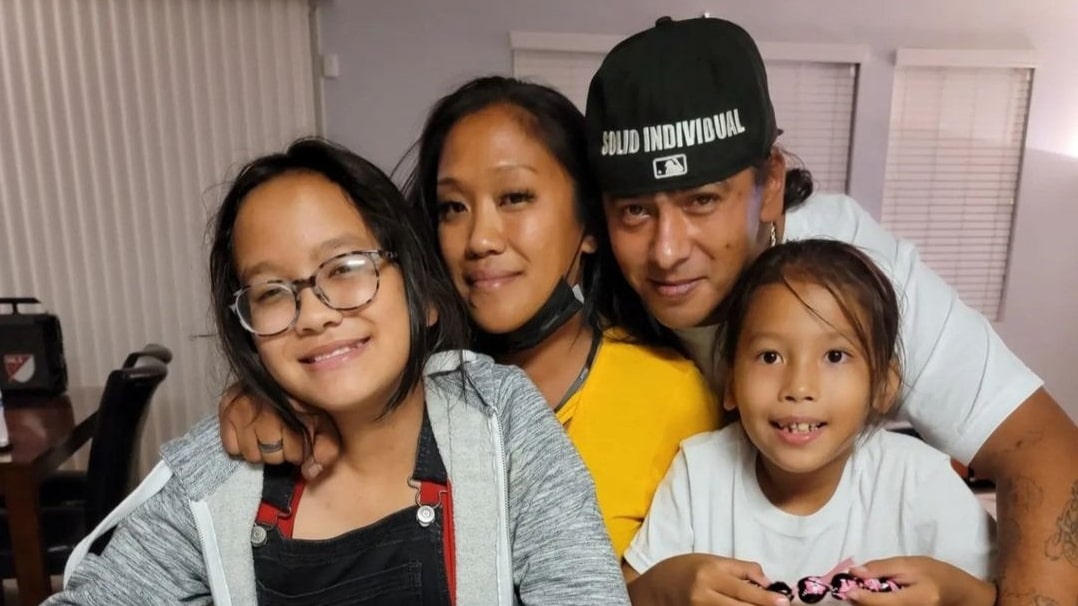CAMBRIDGE, Mass. (CN) — A massive social experiment is quietly taking place in some 200 American cities — what happens if you give poor people hundreds of dollars a month with no strings attached?
These cities are running pilot programs that typically give randomly selected people $500 a month for a year or two to spend as they please. They collect data on the broad policy initiative, which could replace the current complex patchwork of social welfare programs with a much simpler “guaranteed basic income.”
Researchers at the University of Pennsylvania and elsewhere are analyzing a wealth of evidence from the experiments. When the results are published in the coming year, it will add to a growing national debate over what the social safety net should look like, said Sean Kline, director of the Basic Income Lab at Stanford University.
One city — Cambridge, Massachusetts — found initial results so positive that it has rolled out the program on a large scale. All families with children in the city whose income is less than 250% of the federal poverty level can now get unrestricted monthly payments of $500 for 18 months.
Conservative economist Milton Friedman originally popularized the idea of a guaranteed basic income in the 1960s and President Richard Nixon proposed it in 1969, although it died in Congress. More recently the idea has been championed by a group of Republican senators including Mitt Romney, as well as Democrats such as entrepreneur Andrew Yang, who made it the centerpiece of his 2020 presidential campaign.
While Yang championed a “universal” basic income, virtually all the experiments so far have been limited to low-income people.
“We approach it as a tool to eradicate poverty,” said Sukhi Samra, executive director of a nonprofit called Mayors for a Guaranteed Income.
Friedman’s goal was to replace the complex state and federal safety net that now includes Temporary Assistance for Needy Families; the Supplemental Nutrition Assistance Program; Women, Infants and Children; Section 8; and numerous other programs that are expensive to administer, hard to navigate and come with complex work requirements and limits on how the money can be spent.
Friedman believed his idea was compatible with conservative values because it let people decide how to spend their own money and eliminated the “welfare trap” that disincentivized people from looking for work if it meant giving up benefits.
Before, “whenever I found a part-time job, I was kicked off food stamps and cash aid,” said Tomas Vargas, who grew up on welfare and participated in one of the first basic-income pilot programs in Stockton, California.
Traditional benefit programs made it hard to escape the cycle of poverty, he said in an interview, but the unrestricted cash helped him improve his situation. “Before, I was scared to take off time to look for a new job because I’d miss hours and I was living paycheck to paycheck. But now I could afford to put applications out there.” As a result, he landed a much better job as a full-time warehouse manager.

In Shreveport, Louisiana, a pilot-program participant named Jessica said that previously “my days consisted of calling different organizations to try to receive assistance to support me and my children,” whereas the unrestricted cash gave her the breathing room to apply for jobs instead.
About two-thirds of the pilot programs use control groups to measure their success. In Stockton, “recipients were twice as likely to find full-time employment as the control group,” said Samra. “People can take a chance on themselves, and do internships or take time off to interview for a better job.”
The Stockton experiment “produced positive outcomes on income volatility, anxiety and depression, the ability to plan, and labor participation,” Kline said.










